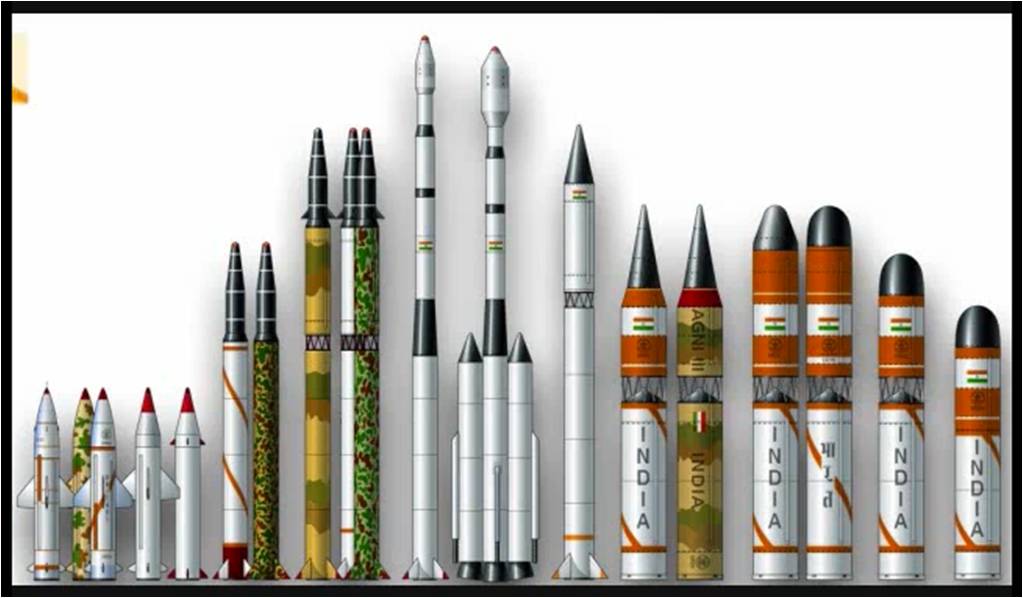Relatively wealthy nations benefit from ambitious space programs, even if it does test the conscience to send Whitey to the moon while sister Nell is nursing rat bites. But what about a relatively poor country like India, with its ambitions for space missions? Can that be justified? A rationale from the Economist:
“From a distance, India’s extra-terrestrial ambitions might seem like a waste of money. The country still has immense numbers of poor people: two-fifths of its children remain stunted from malnutrition and half the population lack proper toilets. Its Mars mission may be cheap by American (or Chinese) standards, at just $74m, but India’s overall space programme costs roughly $1 billion a year. That is more than spare change, even for a near $2-trillion economy. Meanwhile, spending on public health, at about 1.2% of GDP, is dismally low. What if the 16,000 scientists and engineers now working on space development were deployed instead to fix rotten sanitation? And why should donors bother to help tackle poverty where governments have enough spare resources to think about space? For some countries, at least, decent answers exist to such questions. Trips to the Moon and Mars may well be mostly about showing off. But most space programmes are designed to get satellites into Earth’s orbit for the sake of better communications, mapping, weather observation or military capacity at home. These bring direct benefits to ordinary people. Take one recent example: a fierce cyclone that hit India’s east coast last month killed few, whereas a similar-strength one in the same spot, in 1999, killed over 10,000. One reason for the improvement was that Indian weather satellites helped to make possible far more accurate predictions of where and when the storm would hit. Otherwise, improved data on monsoon rains, or generally shifting weather patterns, can help even the poorest farmers have a better idea of when to plant crops.“

